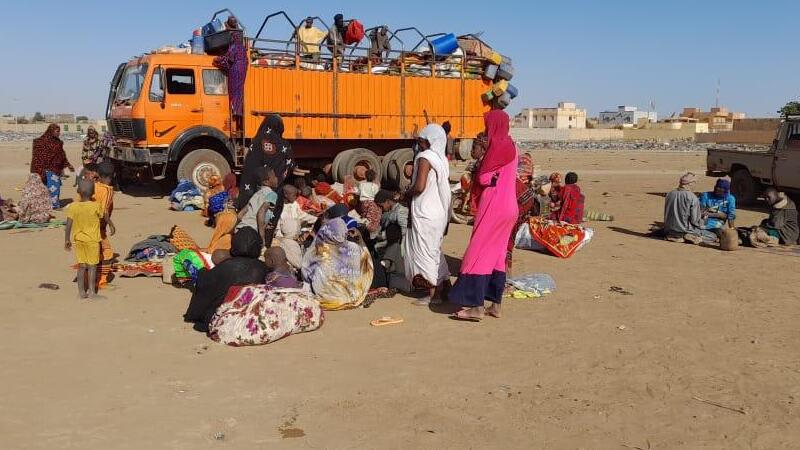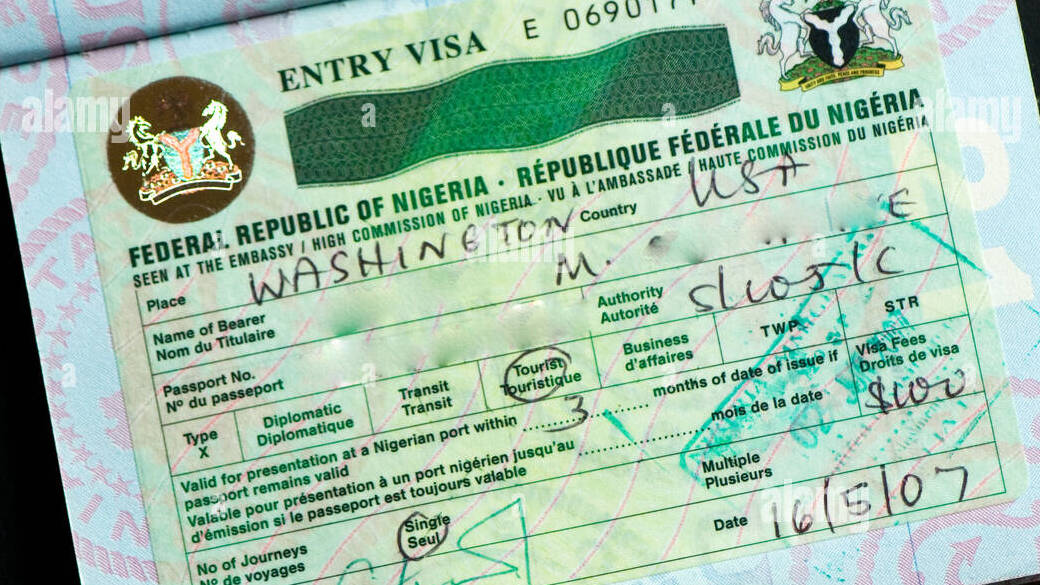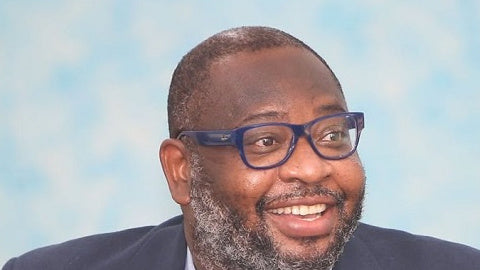As the security situation in the Sahel continues to deteriorate, pressure is mounting on African heads of state and their international partners. In Brussels, a crucial summit is being prepared, bringing together the powers of the coalition engaged in the fight against terrorism in this forgotten region of the world. How can we approach a crisis that seems to defy all conventional solutions? The answers, for the moment, are being revealed through heightened discussions, as we have seen in previous summits, but with growing concern about the effectiveness of the decisions taken.
The promises of unity in the face of desolation
The Sahel, which has become a playground for jihadist groups, is seeing its once peaceful lands transformed into zones of incessant conflict. The challenge facing this coalition is not only military: it is about finding real coordination between the different nations involved. From Algeria to Mali, each country has its own priorities, interests and modes of engagement. Could the meeting in Brussels be enough to breathe new life into an already exhausted cooperation?
A glimmer of hope or an imminent conflagration?
Between the desire to make things happen and the reality on the ground, the gap sometimes seems unbridgeable. Military dialogues between heads of state are very present, but what about social dialogues? Local populations, often left behind, seem to be silenced, while governments and their partners argue over the strategies to adopt. At a time when citizens' trust is crumbling and tensions are rising, could this summit really provide a lasting solution?
Political and economic issues at the heart of the debates
Beyond security considerations, the question of economic development is acute. Lack of jobs, poverty and social exclusion feed the fertile ground for terrorism. International solidarity must therefore go beyond military engagement. Financial resources and investments are essential to restore a semblance of normality in these devastated regions. But money for whom and for what? The issues of corruption and mismanagement must not be hidden in these diplomatic conversations.
In any case, all eyes are on Brussels, waiting for concrete and effective answers. Faced with the scale of the situation in the Sahel, all strategies still seem unclear. It remains to be hoped that this meeting will not be just another warning shot, but indeed the beginning of a concerted action to finally deal with this human and security tragedy.




Leave a comment
This site is protected by hCaptcha and the hCaptcha Privacy Policy and Terms of Service apply.